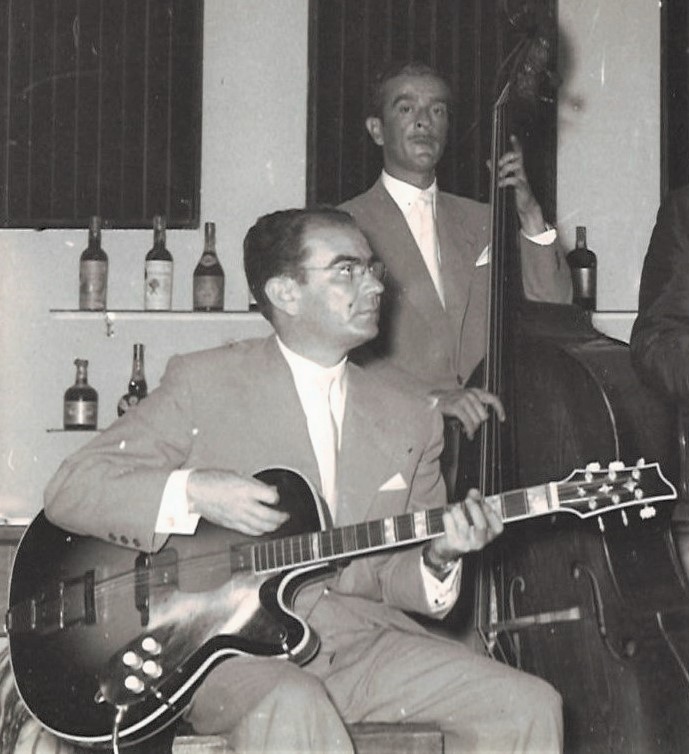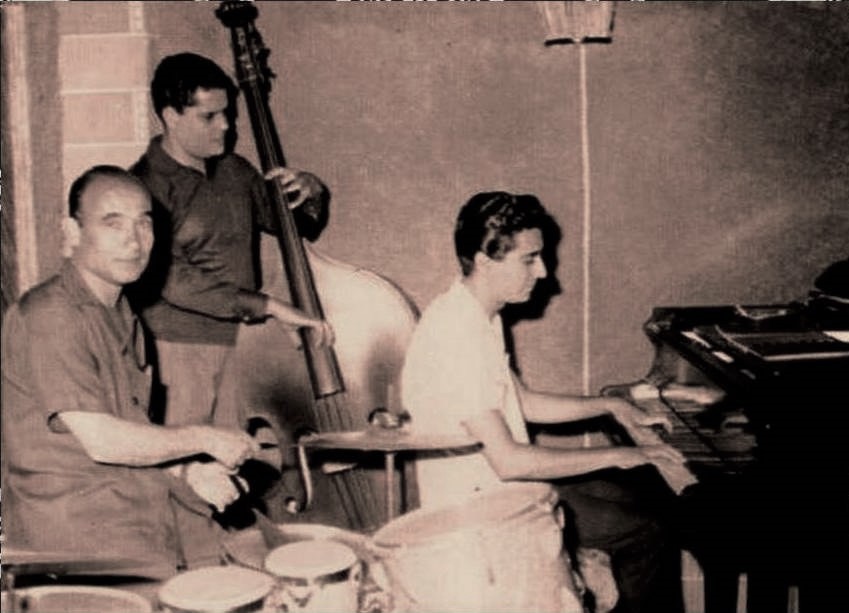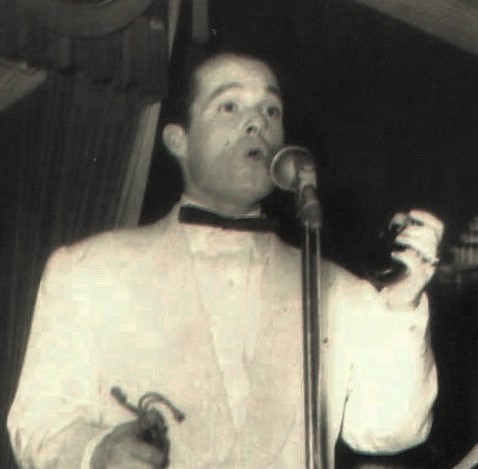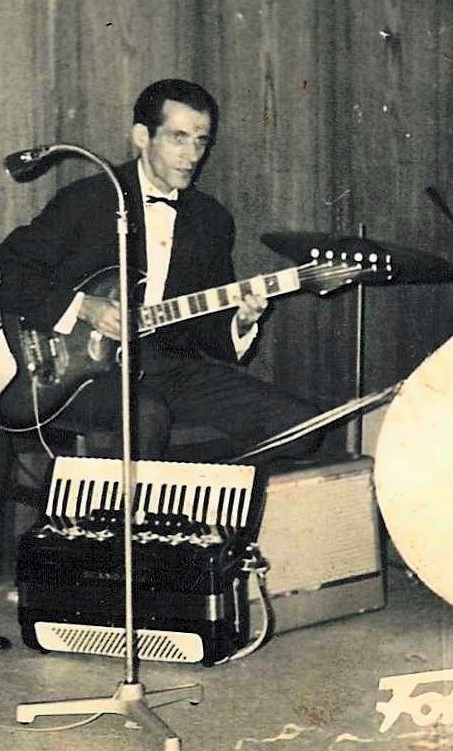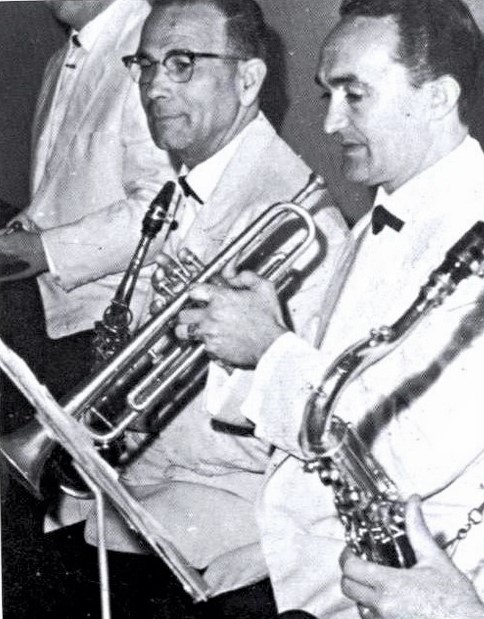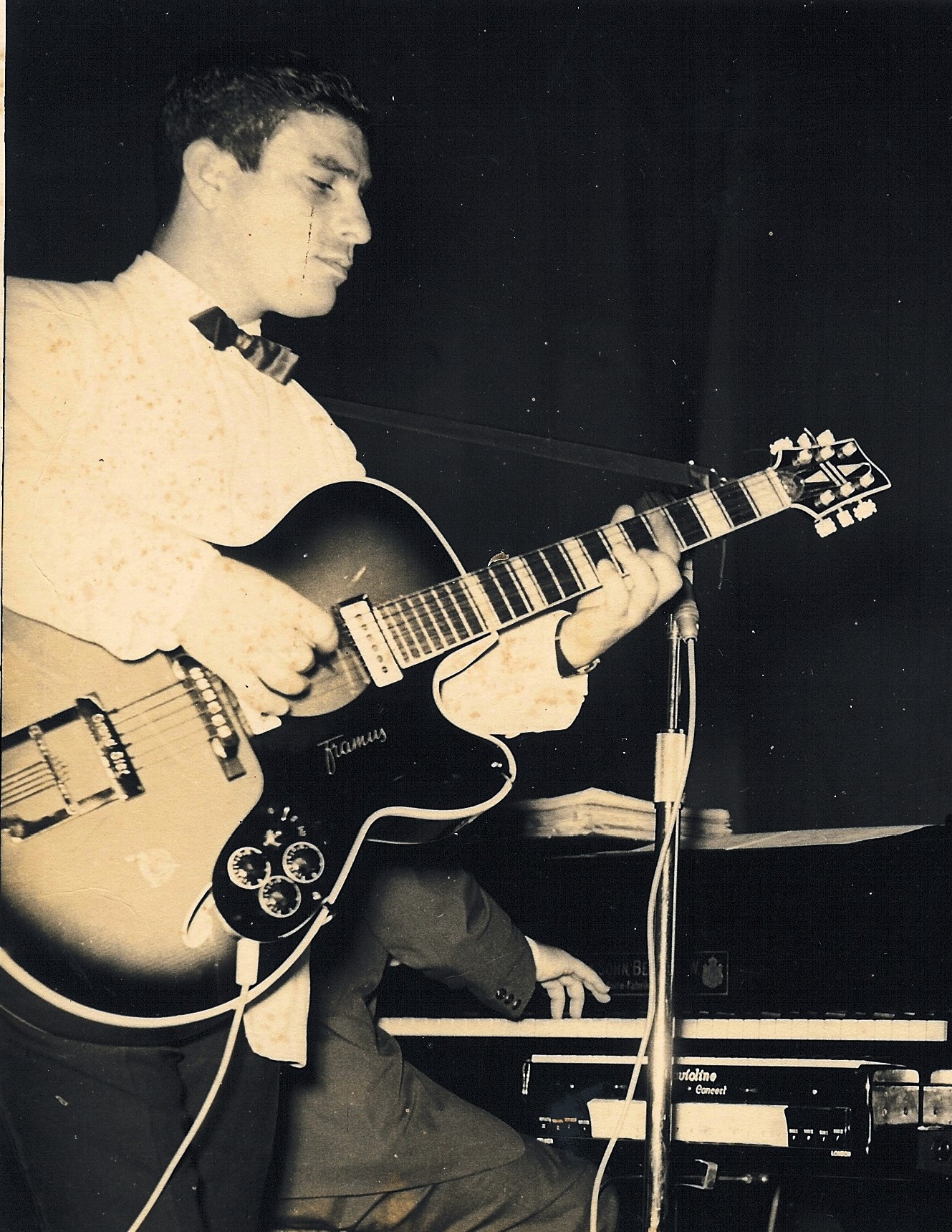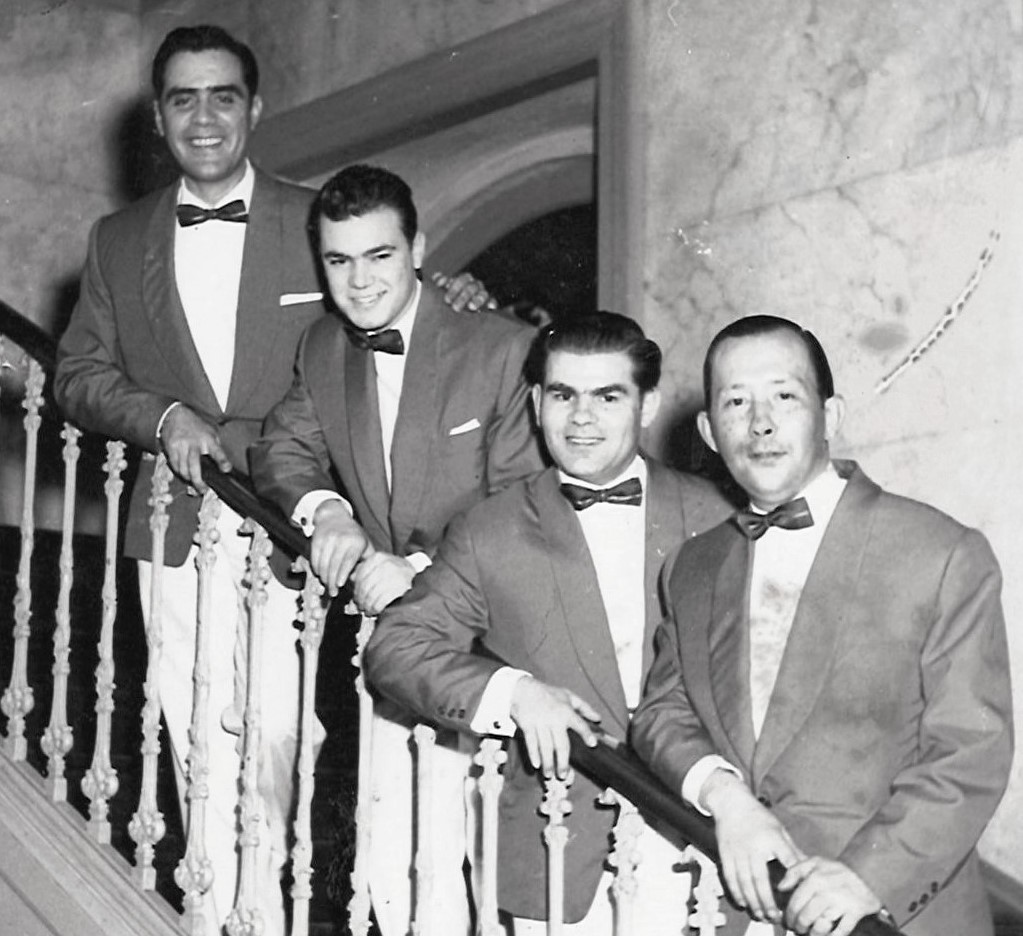The professional output for most of Madeira's musicians was Lisbon's first destination. The contracts were there. All of them also knew that they could count on a generation of their fellow countrymen, pioneers in these artistic activities, such as Tony Amaral, the singer Max and guitarist Carlos Menezes. These musicians had recognition and experience in the capital's music scene. These were professional colleagues, but also friends, who often asked for advice, about contracts and professional opportunities. Another of the great Madeiran pianists to develop a national career in Lisbon was Helder Martins. Since 1953 residing in the capital, the pianist, composer and singer, Helder Martins, had a full schedule of events and many requests to act. At this point, the invitations to join the newly created Hot Club Jazz Quintet, the various live music programs (in the various radio stations in Lisbon) and the recording of their first discographic works should be highlighted. Through him, other island musicians won their first contract on the continent, as was the case with Zeca da Silva who in a quartet format inaugurated the “Ronda”, a space frequented by Portuguese elites (high finance, ministers and the “rich” of “Cascais”). The “Diário de Notícias da Madeira” in its edition of 12 July 1955 announces the departure of these musicians: “In order to fulfill a truly honorable contract, “Jess And His Boys” are going today to Lisbon, in the “Império”, where they will work in an elegant “Boite” in “Estoril” that opens soon. An animator and another Madeiran artist, Helder Martins, are associated with this group, which in Lisbon's music scene has been asserting itself for its undeniable value.” Another of the young musicians to leave Funchal was the double bass player Maurílio Teixeira. His destiny took him further, to the city of “Santos” in Brazil. Once again, in the “Diário de Notícias da Madeira” on October 7, 1961, with the title “An artist in focus” the morning islander states that the musician would be performing with the city's symphony orchestra and that the fruit of his efforts and study, had been invited to join another association. The article also emphasized: “At the base of our artist's triumph are the lessons learned from the Madeira Music Academy, where he was a brilliant student.”The “Diário de Notícias da Madeira” of 11 July 1963 reported who was returning after concluding the music contracts: “After many years the expert violinist returns to Madeira, our countryman, Américo de Nóbrega. A well-known figure in the Madeiran Music Hall, he was part of the groups of Tony Amaral and Flamingo, having performed in Johannesburg and Rhodesia.” Other island musicians such as Carlos Freitas, Virgílio Cardoso, Mário de Freitas, Adão Freitas, Manuel Lobo de Matos or Óscar Fernandes would tour the Portuguese overseas provinces of Angola and Mozambique, until the end of the 1960s. In the case of Carlos Freitas, bassist, he also joined the famous Ensemble of “Fernando de Albuquerque”, going through important live music venues in the Portuguese capital such as “Tágide”, “Palm Beach” and “Concha”. He also worked with Maria José Valério's albums and in several musical evenings organized by “Emissora Nacional” and “Rádio Clube Português”. Once again, the “Diário de Notícias da Madeira”, in its September 26, 1963 edition, follows the development of an invitation addressed to a Madeiran artist, this time to the young pianist Rui Afonso: Contractor for “Hotel Infante de Ponta Delgada”, Next Sunday for the Azores, Rui Afonso's musical ensemble will consist of this young and appreciated pianist and Amadeu Filho (saxophone, clarinet), Manuel José Abreu (drums and vocalist) and Amadeu Pestana (bass). The friendly group will have a farewell party next Saturday afternoon, at the “Ateneu Comercial”, which will certainly register the presence of its many admirers.” The pianist Rui Afonso would stand out during the 60's performing at “Hotel Miramar”, “Hotel Nova Avenida”, “Hotel Santa Isabel” (solo) and with his Trio at “Hotel Monte Carlo”, at the Piano Bar “Lar Madeirense” and at the famous Nightclub of the Golden Gate. Rui Afonso's trio was formed in 1967 by himself at the piano, “Barrinhos” (drums) and Maurílio Teixeira (double bass). This last element returned from his musical season in Brazil.
Text and research: Vitor Sérgio Sardinha